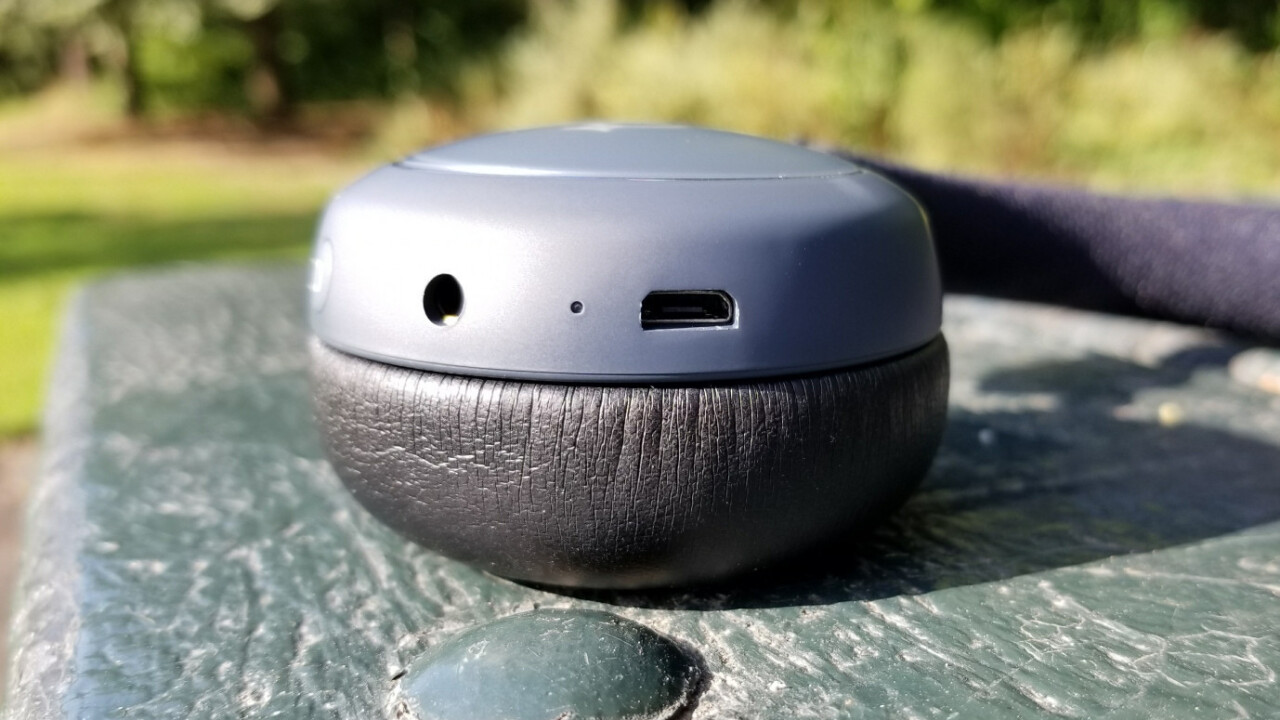
I’ve complained a lot about manufacturers omitting USB-C from smartphones and PCs. Now it’s time to rant about probably the worst culprits of them all: accessory makers.
USB-C is great. Aside from being capable of transmitting a ton of power and data (depending on the implementation), its small size means it can fit on almost any device – while being more durable than MicroUSB too. The advent of USB-C means that I’m able to use a single cable on my laptop, tablet, phone, Nintendo Switch, Bluetooth keyboard, Wacom tablet, external hard drive, etc. That versatility has simplified my life and significantly decluttered my laptop bag and desk.
Though I have multiple cables for each of these devices, and USB-C requires you’re aware of each device’s power considerations, there’s something wonderful about generally only needing one charger to handle all of my devices, especially if I’m travelling.
Which is why it’s so annoying when a new product comes in that doesn’t use USB-C. While most PCs and phones have embraced it, it’s still rare to find in other categories like headphones, IoT devices, smart toys, wearables, etc.

Wireless headphones are probably the worse, almost always opting for Micro USB even though they’re meant to be used alongside phones. Even Apple, a company that was one of the first to embrace USB-C, keeps on putting Micro USB ports in its Beats headphones. inevitably forcing me to carry around an extra cable just so I can listen to music while I’m travelling.
Though there are special considerations for using USB-C on budget or tiny products, I’ve seen it neglected on large devices that cost hundreds of dollars too. Considering USB-C will likely be ubiquitous in the years or even decades to come, I can’t help but feel manufacturers who omit the port are only telling consumers “we’re not building this to last.”
To be clear, I’m aware this is all tantamount to first worldpet peeve; I’m not calling on anyone to boycott devices that don’t embrace USB-C. But I do want remind manufacturers that accessories are supposed to make our lives more convenient; foregoing the most convenient connector we have is the oppose it of that. The day I only have to carry around one cable for all of my devices will be wonderful one indeed.
Get the TNW newsletter
Get the most important tech news in your inbox each week.




